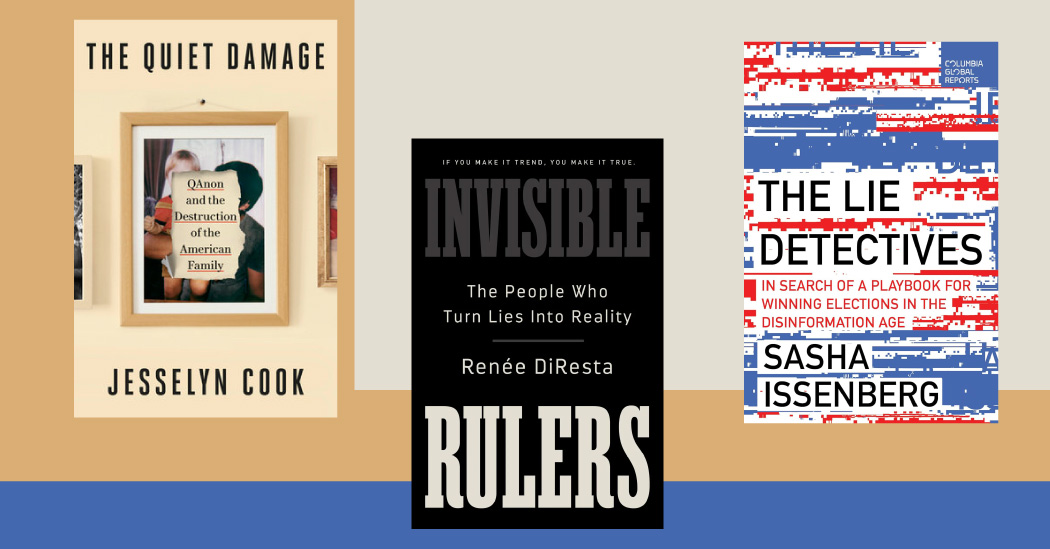Three experts on social media and disinformation share their predictions for this year’s chaotic election.
This year’s presidential election has been polluted with rumors, conspiracy theories and a wave of artificial intelligence imagery. Former President Donald J. Trump has continued to sow doubts about election integrity as his allies across the country have taken steps to make election denial a fixture of the balloting process.
How worried should voters be?
To better understand the role that misinformation and conspiracy theories are playing this year, The New York Times asked three authors of new books about disinformation and social media to share their views and predictions.
The risk that violence could spring from election denialism seems as pressing as in the weeks after the 2020 election, when Trump supporters — incensed by false claims of voter fraud — stormed the Capitol building, they argue. But the day-to-day churn of falsehoods and rumors that spread online may be getting largely drowned out by the billions spent on political advertising.
In a series of emails with The Times, the authors laid out their predictions for the year. These interviews have been edited for length and clarity.
Q. Let’s jump right in: How concerned are you that conspiracy theories and misinformation will influence the outcome of this year’s presidential election?
